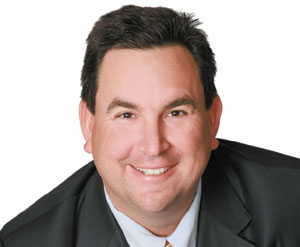If you’re unemployed or underemployed as a result of this
recession, you’ve no doubt given some thought to budgeting.
Establishing that budget is the next step.
If you’re unemployed or underemployed as a result of this recession, you’ve no doubt given some thought to budgeting. Establishing that budget is the next step.
See where your money goes. You know the amount of your mortgage or rent payment, but do you know how much you’re spending on food, gas, entertainment, or clothing? This is how hard-earned or long-saved money leaks away.
Track every buck. That’s right: for a month or a week, make a note of where every dollar you spend goes. That’s every dollar that leaves your bank account. Specify every expense you can. (Don’t forget to include the fractional cost of your annual expenses per month or per week.)
Where the savings are. You might be relieved to see how much you can save per month if you cut back in five areas or creature comforts – comforts you might be quite comfortable without.
Eating out. A morning coffee … a fast-food lunch … a takeout meal or dinner in a restaurant … what does this all add up to? Possibly $20-25 a day, 5-7 days a week. Cutting back on some or all of this could save you hundreds of dollars a month. While these purchases may have been habit when you worked, you can avoid or limit them now.
Entertainment. This means movies, concerts, plays, and other social events and amusements. You don’t have to deprive yourself altogether here, but consider how expensive some of these costs (concert and theatre tickets) can be. You might easily save $100 or more per month.
Autos. You can find families in this country that own three or four cars. (Three or four SUVs, even.) Gas may be cheaper at the moment, but auto repairs are never cheap. What if you sold a car and cut back to one car? It might require a little rescheduling on the part of your spouse or family, but you could gain some cash and lose some expenses (and possibly some repair bills you would otherwise pay down the road).
Cable and Internet service. Do you really need a high-speed connection? Do you need 68 channels? These are other areas where you can cut back and save big.
A worksheet. Here is a worksheet that can help you keep track of your non-deductible expenses per month. (Some expenses are often deductible, such as charitable contributions, mortgage interest, alimony, and certain health and business expenses – check with your tax advisor to see what you might be able to deduct.)
Do not stop investing. You still need to do that if at all possible. Keep contributing to the accounts poised to compound over time, so that you may use them to fund part of your retirement someday and pursue your long-term financial goals.










